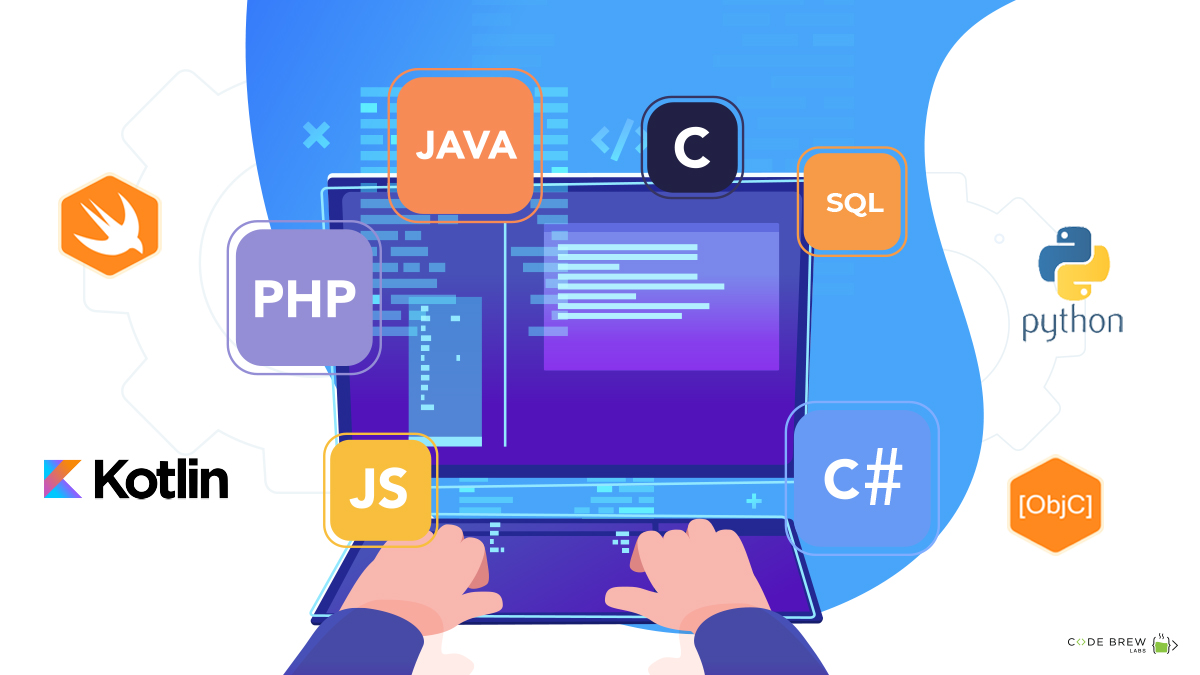Real Estate, much like most industries in the 21st century is experiencing reforms at all levels. It’s no surprise that in a quest to make more profitable property decision, eliminate inefficiencies and change the overall customer experience, the focus quite naturally turns to technology. Notwithstanding the need for improvement, the industry has been on a purple patch since 2013. To get an idea of how big the industry is, consider this – the global venture capital investment in real estate technology was in excess of $12 billion in 2017.
Technological advance and innovation is the way forward for Real Estate and as has been the case quite often in recent past, it’s the startups who’re leading the charge. The future is quite exciting for those involved in the real-estate business. In this blog, we take a look at some of the key technology trends that are expected to dominate this vital industry in 2019.
Chatbots To The Fore In Lead Generation
Technology has a reputation for cutting down the time we spend on all sorts of work manually. In real estate, time is comparable to gold, you have to measure every ounce and utilize it to the best effect. But that’s a utopian view. You’re bound to come across customers that are not a good fit, yet they take away so much of your time. Not an ideal situation and to make it ideal Real estate companies are looking towards AI-powered chatbots. These chatbots can understand the customer’s preference and pass on pre-qualified data to the agents. Furthermore, these chatbots will ensure a far better communication with the customers by quickly addressing their concerns in a sales process.
AI To Facilitate Property Management

Property management is something that needs utmost attention but for a property owner who has multiple properties, this can be a tedious affair. AI comes to the rescue again. AI-powered homes are capable of automating most of the tasks that come under property management. So, for example, they can automatically set the rent based on market trends, screen tenants and send alerts to contacts whenever an emergency arises.
But that’s not all. By applying the machine’s deep learning capabilities, the new-age brokerage firms will be able to help property managers find ideal properties, get more accurate real-estate valuations, take a look at under-utilized properties and help buyers get an estimate of the future value of assets.
Blockchain To Offer More Transparency
Blockchain has gained a lot of rep for enabling transparent and secure transactions. Their role in the real estate industry is unquestionably huge. Startups like Meridio and I-House employ blockchain to help users share ownership of their property and even make real estate investment that’s accessible to a majority of people. Blockchain technologies’ role in managing, validating and storing property documents to prevent fraud is very much a welcome change.
But of all its features, it’s the transactions’ transparency that gets more weightage. ShelterZoom makes use of an Ethereum based platform that allows property buyers, sellers, and renters from across the globe to transact in real time, with little or no paperwork. That way, users can cut out the middleman’s role and keep a check on any intermediary charges.
Closing Thoughts
The real estate industry has always progressed as per the changing needs of the market. As technology looks to tighten its grip on new and old industries, the survival and growth of businesses will lie in their ability to adapt. There is a growing consensus among industry experts that IoT will emphatically influence the Real Estate industry. If that were to prove true, developers will find their hands full with the job of integrating smart home and smart logistics capabilities into real estate development projects. The winds in Real Estate industry are definitely shifting and they’re shifting with the flow of technology. I hope you found this blog informative. Feel free to share your thoughts in the comments’ section below.






